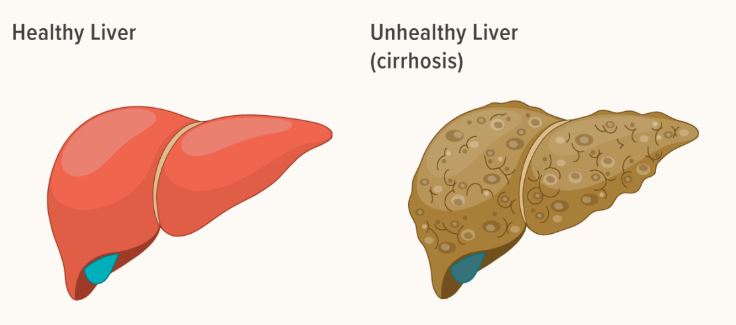Beethoven, DNA, and The Curious Case of His Liver Disease
Jul 28, 2023
1590 Views
In the fall of 1802, which was about 25 years before, Ludwig van Beethoven passed away, the renowned composer wrote a letter to his brothers. He was deeply upset because he was gradually losing his ability to hear. In the letter, Beethoven asked his brothers to talk to his doctor after he died and “beg him in my name to describe my malady”.
Beethoven faced a slew of health issues such as various gastrointestinal issues like bloating and diarrhea, starting from the age of 20. When he realized he was seriously ill, he asked his doctor, Johann Adam Schmidt, to reveal his illness after his death and inform the public. Unfortunately, Dr. Johann died early, and Beethoven lived for 18 more years after him and his wish remained unfulfilled.
This led to one of the greatest medical investigations to find the maestro’s true cause of death. In 2023, a team of scientists, led by Tristan Begg (Department of Archaeology at the University of Cambridge)decided to study Beethoven‘s DNA. They used advanced techniques to extract DNA from eight strands of his preserved hair. Then, they conducted thorough studies using genome-wide association studies and ancestry DNA databases, to find valuable information.Traditional ancestry analysis includes testing for the mitochondrial DNA (transmitted only by females and reflecting the origin of one maternal ancestor) and the Y chromosomal DNA (transmitted only from father to son and reflecting the origin of one paternal ancestor).
So what killed Beethoven? The major cause of his death was liver disease, and the autopsy revealed liver cirrhosis. But what led to the damage in his liver? Through a remarkable study of his genes, scientists discovered two specific genes that are now famous for causing liver cirrhosis. These genes are called the PNPLA-3 gene and the HFE-gene mutation, and they are associated with long-term liver damage. Yes, he had cirrhosis caused by alcohol and a genetic predisposition to liver problems, which worsened with Hepatitis B virus infection.
Moral of the story
Several factors—from your genetic predisposition to lifestyle factors— play a huge role in your liver health; and, early detection and diagnosis are always key to better treatment for deadly diseases like hepatitis, which often display silent and vague symptoms.
The World Health Organisation (WHO) estimates, hepatitis B affects nearly 40 million people in India and hepatitis C infection impacts between 6 to 12 million people.
Early diagnosis of hepatitis can prevent serious damage to the liver and timely treatment can improve the quality of life by reducing fatigue, abdominal pain, nausea, and other symptoms resulting in overall well-being.
Read to know more about hepatitis and the importance of early detection: https://mapmygenome.in/blog/timely-treatment-and-early-prevention-key-to-eliminate-hepatitis
How can MapmyGenome™preventive genomic tests improve your liver health and other aspects of your well-being?
Hepatitis can lead to liver cirrhosis (scarring) and liver cancer. Alcohol-associated hepatitis is a severe but preventable condition, If it happens in individuals with cirrhosis who continued to drink, can aggravate the condition. Our genes (genetic predisposition) and our lifestyle can make the risk of liver diseases worse.
MapmyGenome™’s DNA-based tests for health and wellness, Genomepatri™, can help you improve your health and well-being by providing personalized recommendations based on your genetic makeup. Genomepatri™ helps you understand how your genes influence several aspects such as certain health conditions, nutrition, innate habits ( addiction to alcohol), medication response, and more, that impact your overall health.
A comprehensive report of your genetic profile along with a consultation with a certified genetic counselor, can help you interpret your results and guide you to make informed decisions for your health.
Today, July 28 is World Hepatitis Day and this year’s theme is ‘One life, one liver’. Your liver works hard every day to do more than 500 tasks that are vital for your health. If you take care of yourself, you will also take care of your liver.



